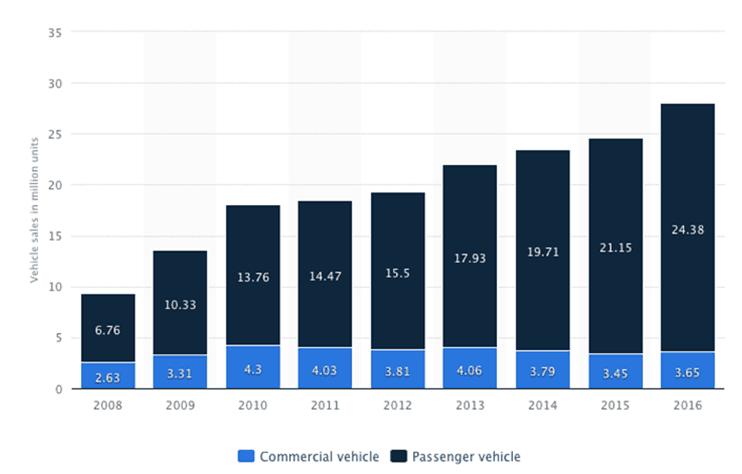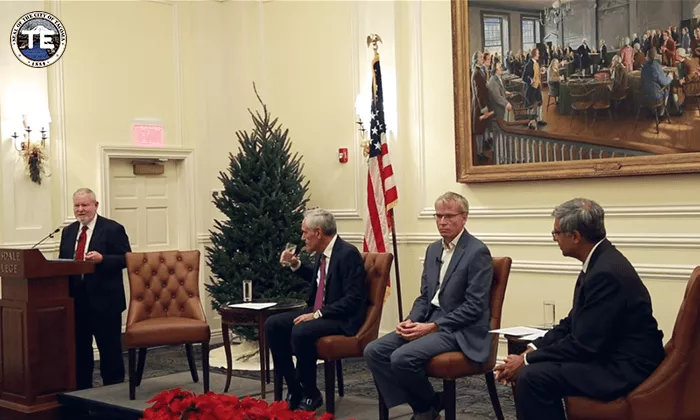American Battleground: A Fight For Power Against The World's Wealthiest

Table of Contents
The Concentration of Wealth and its Political Influence
The growing wealth inequality in America fuels a significant power imbalance. The concentration of wealth in the hands of a few translates directly into disproportionate political influence, shaping policies and legislation to favor their interests. This creates an uneven playing field, where the voices of ordinary citizens are often drowned out.
Lobbying and Campaign Finance
Wealthy individuals and corporations wield considerable power through lobbying efforts and generous campaign contributions. This influence distorts the democratic process, favoring policies that benefit the wealthy elite at the expense of the broader population.
- Examples of lobbying successes: The pharmaceutical industry’s influence on drug pricing legislation, the fossil fuel industry's impact on environmental regulations, and the financial industry's sway over banking regulations all demonstrate the power of lobbying.
- Influence on election outcomes: Super PACs and other dark money groups significantly impact election results, often favoring candidates who align with the interests of their wealthy donors.
- Revolving door between government and private sector: The frequent movement of individuals between government positions and lucrative jobs in the private sector creates conflicts of interest and further entrenches the influence of wealthy interests.
Media Control and Public Discourse
Media ownership concentration significantly impacts public discourse. A limited number of powerful media corporations often shape narratives to favor the wealthy elite, limiting diverse perspectives and hindering informed public debate.
- Examples of media bias: The disproportionate coverage of certain issues, the framing of stories to favor particular viewpoints, and the lack of critical analysis of powerful interests all contribute to media bias.
- The impact of social media algorithms: Algorithmic bias on social media platforms can reinforce existing power structures and limit exposure to diverse viewpoints, creating echo chambers and hindering meaningful dialogue.
- The role of think tanks and PR firms: Wealthy interests often fund think tanks and PR firms to shape public opinion and influence policy debates, further amplifying their voices.
The Resistance: Grassroots Movements and Political Activism
Despite the formidable power of the wealthy elite, ordinary citizens are actively fighting back against the concentration of power. Grassroots movements and political activism play a vital role in challenging the status quo and advocating for a more equitable society.
Occupy Wall Street and Similar Movements
Past protest movements, such as Occupy Wall Street, have played a significant role in raising public awareness about economic inequality. While not always achieving immediate policy changes, these movements have helped to shape public discourse and lay the groundwork for future progressive action.
- Key achievements: Raising public awareness about income inequality, sparking national conversations about economic justice, and inspiring subsequent activist movements.
- Limitations: Lack of centralized leadership and clear goals, challenges in sustaining long-term momentum, and difficulty translating protest into tangible policy changes.
- Long-term impact on public consciousness: These movements have contributed to a growing public understanding of the systemic issues contributing to wealth inequality.
The Rise of Progressive Politics
The growing popularity of progressive candidates and policies demonstrates a rising tide of resistance against the influence of the wealthy. These movements advocate for policies that challenge the status quo and promote a fairer distribution of wealth and power.
- Examples of successful progressive policies: Minimum wage increases, affordable healthcare initiatives, and investments in renewable energy.
- Challenges faced by progressive movements: Resistance from powerful vested interests, the influence of money in politics, and the need to overcome ingrained political biases.
- The role of social media in mobilization: Social media platforms have become crucial tools for mobilizing progressive movements, facilitating communication and organizing actions.
The Legal and Regulatory Landscape: Navigating the Fight
The legal and regulatory frameworks in the US either enable or constrain the power of the wealthy. Reform efforts are crucial in leveling the playing field and ensuring a more just and equitable society.
Campaign Finance Reform Efforts
Ongoing efforts to reform campaign finance laws aim to limit the influence of money in politics. However, the fight for meaningful reform is ongoing, facing significant resistance from those who benefit from the current system.
- The successes and failures of past reforms: While some progress has been made, loopholes and limitations have hampered the effectiveness of previous reforms.
- Current legislative proposals: Various proposals aim to increase transparency in campaign finance, limit the influence of super PACs, and strengthen enforcement mechanisms.
- The challenges of enacting effective reform: Powerful vested interests actively lobby against reform, highlighting the difficulty of enacting meaningful change in the face of entrenched power.
Antitrust Legislation and Corporate Power
Antitrust laws are designed to prevent monopolies and promote fair competition. However, the enforcement of these laws has been inconsistent, allowing some corporations to amass excessive power and influence.
- Examples of successful antitrust cases: Cases that have broken up monopolies and fostered greater competition.
- The limitations of current antitrust laws: Loopholes and weaknesses in current legislation allow corporations to circumvent regulations.
- The need for stronger enforcement: More robust enforcement of existing laws, coupled with potential updates to legislation, is crucial to curbing corporate power and promoting fair competition.
Conclusion
The "American Battleground" is a dynamic and ever-evolving struggle for power. While the concentration of wealth presents significant challenges to a fair and equitable society, the rise of grassroots movements and progressive politics offers hope for a more just future. Understanding the intricacies of this power struggle – from the influence of lobbying and media control to the vital role of citizen activism and legal reform – is essential for all Americans. We must continue to actively engage in the fight to ensure a democratic system that truly represents the interests of all its citizens, not just the wealthiest few. Join the movement and become part of the solution on this crucial American Battleground. Let’s fight for a fairer America – together.

Featured Posts
-
 Analyzing The Chinese Automotive Market Case Studies Of Bmw And Porsche
Apr 26, 2025
Analyzing The Chinese Automotive Market Case Studies Of Bmw And Porsche
Apr 26, 2025 -
 Secret Service Investigation Concludes Cocaine Found At White House
Apr 26, 2025
Secret Service Investigation Concludes Cocaine Found At White House
Apr 26, 2025 -
 A Conservative View On Harvards Challenges And Solutions
Apr 26, 2025
A Conservative View On Harvards Challenges And Solutions
Apr 26, 2025 -
 Fox News Faces Defamation Lawsuit From Ray Epps Over Jan 6th Coverage
Apr 26, 2025
Fox News Faces Defamation Lawsuit From Ray Epps Over Jan 6th Coverage
Apr 26, 2025 -
 Chinas Automotive Revolution Are Their Cars The Next Big Thing
Apr 26, 2025
Chinas Automotive Revolution Are Their Cars The Next Big Thing
Apr 26, 2025
